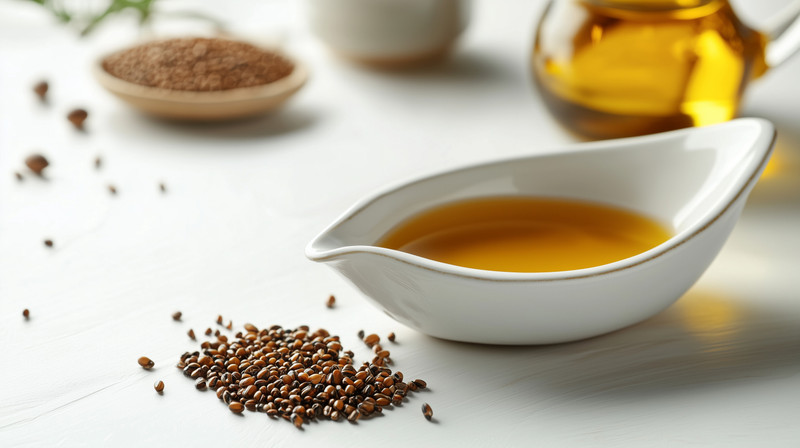Once again we present one of our alphabetized blogs in which we pick out a letter of the alphabet and present summaries of natural remedies whose names begin with that letter. We do this to mix things up somewhat, offering readers variety while giving them a chance to learn more about a supplement, herb, or other type of nutrient they don’t often hear about. This time, we feature the letter “J”.
In no particular order:
Japanese knotwood. This member of the buckwheat family of plants, which is native to parts of Japan, China, and Korea, provides an abundance of several vitamins and essential nutrients known to impart health benefits to those who partake of them. Among those healthful components are potassium and magnesium, a pair of essential minerals that work in tandem with calcium to help build strong bones and enhance joint functionality; resveratrol, which can help ward off Alzheimer’s disease and heart disease, among other tasks; and vitamins A and C that team up to bolster your immune system to fight off disease and infection. It’s also interesting to note that knotwood roots contain a substance known as emodin that seems to work well as a laxative.
Juniper berry. Juniper itself is a type of evergreen tree found on several continents, including North America. Like dozens of other natural health remedies, such as herbs and spices, which can double up and add taste and flavoring to food, juniper berries are often used because of their aromatic flavor as components of marinades, spice rubs, and cocktails that help dress up a meal. In terms of human health considerations, juniper berries contain anti-inflammatory and antioxidant characteristics that can work to lower elevated blood-sugar levels and help stave off heart disease. Among other conditions juniper is used for are diabetes, indigestion, kidney stones, and wound healing.
St. John’s wort. Okay, so we included this herb even though, technically, it doesn’t begin with a “J,” but let’s not tell that to John. We are happy to include St. John’s wort here, as well we should considering its reported efficacy in treating depression and moodiness in general. Its ingredients include several chemicals – hypericin, hyperforin, and flavonoids (various plant pigments) – that apparently act as neurotransmitters that can help improve mood, seeming to mimic the brain chemical likes of serotonin and dopamine. St. John’s wort has also demonstrated potential in treating menopausal symptoms, premenstrual syndrome (PMS), nonserious burns, and obsessive-compulsive disorder (OCD).
Jimson weed. Scientifically known as Datura stramonium, Jimson weed – it also goes by the nickname “zombie’s cucumber” – is a plant species that has been historically used for treating skin rashes and neurological disorders. The plant got its nickname of ”Jimson weed” from an incident in 1676 at the Jamestown colony. That’s when and where soldiers ate the plant to apparent excess and became excessively playful, clowning around for more than a week. It needs to be used very carefully and in strict moderation, presumably in combination with other substances so as to temper its effects. In fact, it has been used for medicinal purposes since ancient times, including by the Greeks.
Jojoba oil. If skin care and hair care rank high on your list of wellness-related considerations, then jojoba oil should be a great fit for you. It is sourced from the jojoba plant, a perennial found in North America, and has earned its sterling reputation for its knack in moisturizing your skin and doing away with fine lines. Thanks to its antibacterial and antioxidant attributes, plus its abundance of vitamin E as well as other nutrients, jojoba oil can also cool down a sunburn and work well as a makeup remover. What else can it do? Plenty, apparently, continuing with helping to clear away acne, reduce skin inflammation, lessen dandruff issues, and soothe the pain and irritation of diaper rash.
That’s it for this serving of alphabet soup related to natural remedies, this time featuring the letter “J.” If you are interested in trying out any of these supplement/herbs, we recommend that you first discuss their use specific to you with your doctor or other healthcare professional.

